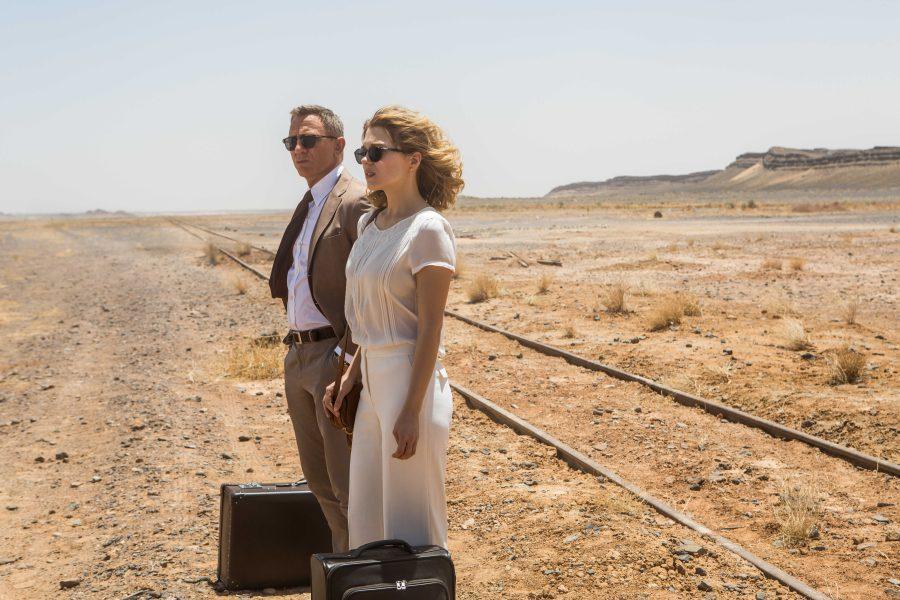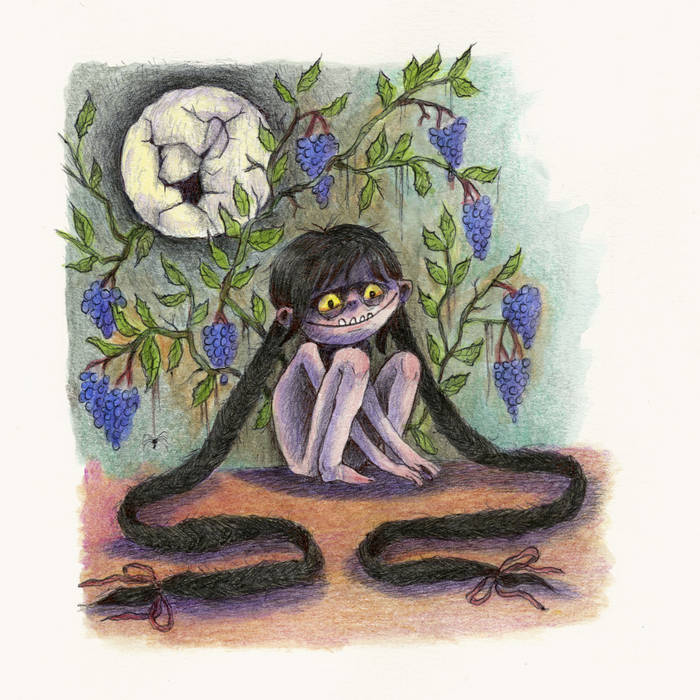An unfortunate retread of the Bond franchise forms another weak link in the age-old, legendary series.
Rating: 2.5/5.0
Directed by Sam Mendes
Starring Daniel Craig, Lea Seydoux, Christoph Waltz
Rated: PG-13
Release Date: Nov. 6, 2015
“Spectre” is a poorly written love letter to the series’ 40-year legacy of camp and inconsistency. Coming off the heels of the great “Skyfall” and nowhere near the standard “Casino Royale” set, this is a regressive look for Bond. Instead of dedicating its energy to memorable set pieces and great action, “Spectre” foolishly stretches itself out trying to establish a sense of continuity across the Craig entries. Simultaneously taking itself too seriously and not seriously enough, “Spectre” is a confusing mishmash of old Bond and new. Poorly realized villains, social commentary inspired by a lower-level sociology course and an overly long running time compound in a trifecta of faults that make for the worst entry since “Quantum of Solace.”
The incredible Day of the Dead sequence opening the film leaves us on a high that is never achieved again in the film. With precisely choreographed helicopter flips and rooftop escapades, it’s the ultimate encapsulation of Bond’s physicality and suave. It’s worth noting that the spectacle is notably absent of almost all dialogue, allowing the series to operate at its highest level. The chain of command for his fallen enemy inspires great intrigue in Bond, who soon discovers that an evil global organization led by mastermind Ernst Stavro Blofeld (Christoph Waltz) is manipulating the world on macro and micro levels. Waltz playfully weaves the character’s barbaric tendencies with a signature European charisma, making up for Bond’s short supply of charm. Blofeld is one of the few avenues where the franchise looks to its past and successfully reworks itself instead of falling victim to its worst tendencies. Blofeld is a reinterpretation, not a rehash.
Focus from the more compelling elements, like Blofeld and the brutal Mr. Hinx (Dave Bautista), is constantly chipped at by the weaker ones. The punch lacking in the script is, in part, made up by Bautista’s steely hitman, whose figure is a sure omen of the nail-biting action that “Spectre” liberally employs. The dedication and experience he brings to the screen lends a fleeting authenticity to the film. Lea Seydoux first captured critics’ minds at Cannes with 2013’s “Blue is the Warmest Color” and she’ll be capturing the audience’s eyes with her turn in “Spectre” as Dr. Madeleine Swann, a femme fatale dedicated to truth and justice in her father’s memory. The commitment she shows to the role helps sell lines that would have rattled lesser actors. A middling Andrew Scott as Max Denbigh parroting the values of global surveillance barely registers as a threat, and anything within his gravitational pull suffers from worse writing than the usual plodding Bond fare. Fortunately for the rest of the cast, an undeserving Ralph Fiennes took the brunt of the damage. What could have been a timely dialogue on global surveillance is made a joke of, which is odd because of how important the thread is to the story.
On a visual level, “Spectre” fails to make a mark. Nobody was expecting cinematographer Hoyte van Hoytema to top Roger Deakins’ work, but what could have been warm and enveloping colors instead come off as muddled and stifling. At least there’s a workmanlike rigor to the technical aspects of the film, and this keeps the ball rolling in spite of apparent disinterest in its look. Besides a few beautiful shots that make smart use of the saturated skies or location, the Bond film’s superficiality is left untended. The success of “Skyfall” seems to be part of — if not all — the reason “Spectre” played it so safe. More villains, more story, more budget, less focus. We’ll see if Bond has yet to live another day.
[embedyt] http://www.youtube.com/watch?v=z4UDNzXD3qA[/embedyt]














